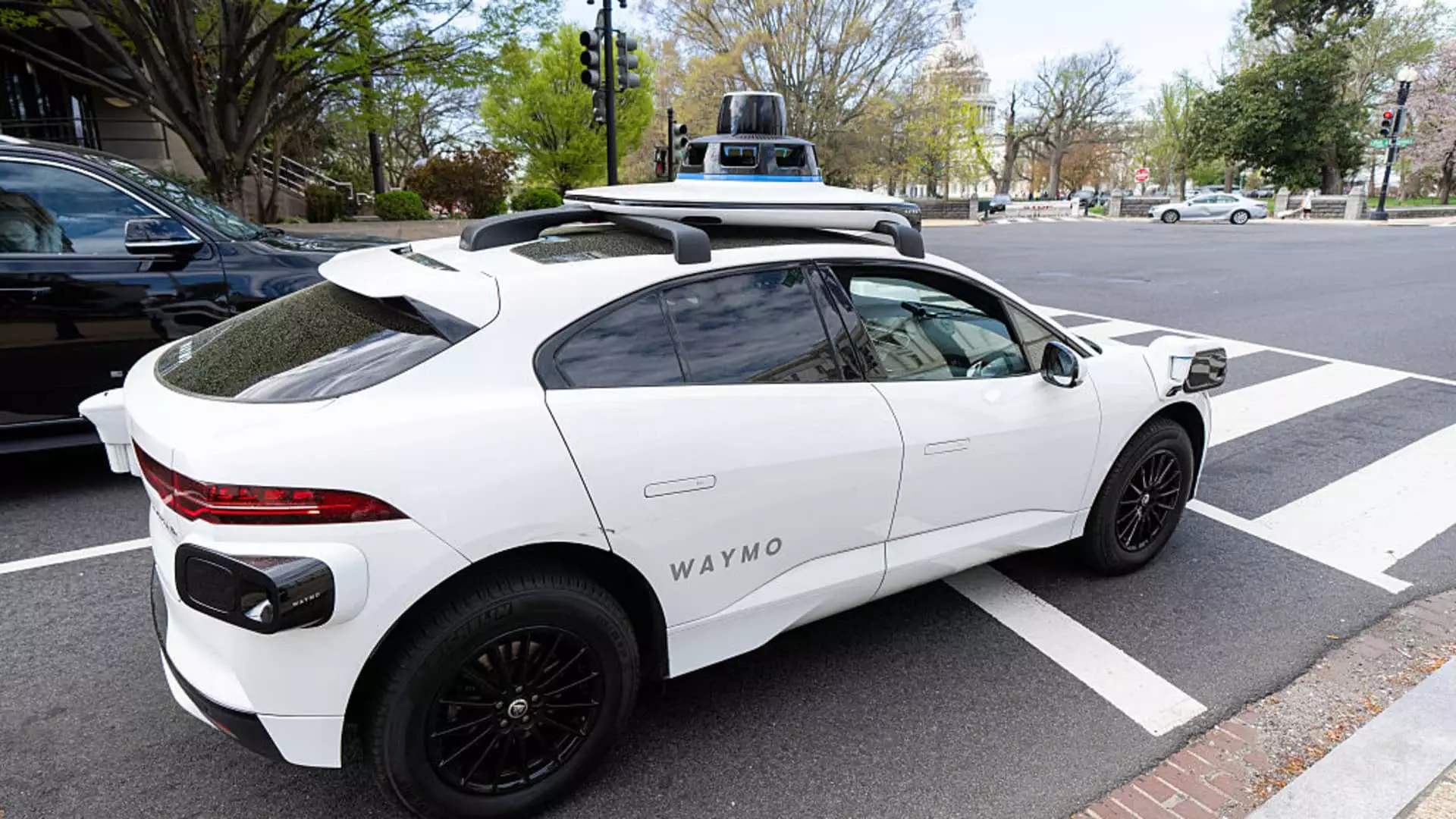Waymo, the self-driving arm of Alphabet, recently celebrated a remarkable milestone: the completion of 10 million autonomous rides. Co-CEO Tekedra Mawakana made the announcement during the Google I/O developer conference, emphasizing the rapid growth the company has experienced, achieving this impressive figure by doubling its trip count within just five months. This figure represents not just growth in numbers; it signifies the increasing integration of autonomous vehicles into the lives of everyday people. By offering these rides across major cities like Austin, Los Angeles, San Francisco, and the Phoenix area, Waymo has begun to do what was once considered science fiction: normalize autonomous travel.
The Business Model Under Scrutiny
Even with this significant consumer traction, Waymo has not yet achieved profitability. The overall financial picture remains troubling, as Alphabet’s “Other Bets” unit reported a decline in revenue alongside an operating loss that soared to $1.23 billion. This brings us to a critical crossroads: can a successful consumer shift and rapid expansion translate into a sustainable business model, or is this just a fleeting success? Mawakana remains optimistic, asserting that there’s a clear path to profitability. Yet, in the fast-paced tech landscape, where other companies are not just competing but innovating at breakneck speed, this optimistic tone feels somewhat precarious.
Competitive Landscape: Tesla vs. Waymo
Adding to Waymo’s challenges is the looming specter of Tesla. With its own robotaxi service set to launch imminently in Austin, Tesla, led by the ever-ambitious Elon Musk, presents a formidable competitor. Musk’s vision pivots on a different strategy: a broad reliance on cameras and computer vision as opposed to the sophisticated array of sensors that Waymo employs. It’s a stark contrast that raises a pivotal question: Which approach will ultimately yield safer, more efficient autonomous travel? While Musk promises rapid scaling and ambitious expansion plans across key U.S. metropolitan areas, Waymo has taken pride in carving out what it believes is the “safest path.”
The Ethical and Strategic Implications
The debate between the methodologies of Waymo and Tesla exemplifies broader ethical and strategic implications in the autonomous vehicle industry. While Waymo leans heavily into safety and reliability, Tesla’s bold, less cautious approach could lead to quicker market penetration despite potential risks. This sets up a scenario not just of competition but of differing philosophies regarding the future of transportation. As these two companies—and possibly others—race to dominate the market, the impacts of their strategies will resonate beyond financial outcomes and will affect regulatory frameworks, public trust, and technological standards.
The landscape Waymo has entered is fraught with both optimism and caution. The monumental achievement of 10 million trips serves as both a beacon of progress and a reminder of the hurdles that lie ahead. As competition intensifies, the path forward will require not only technological brilliance but also strategic foresight in navigating the complexities of a rapidly changing market.

